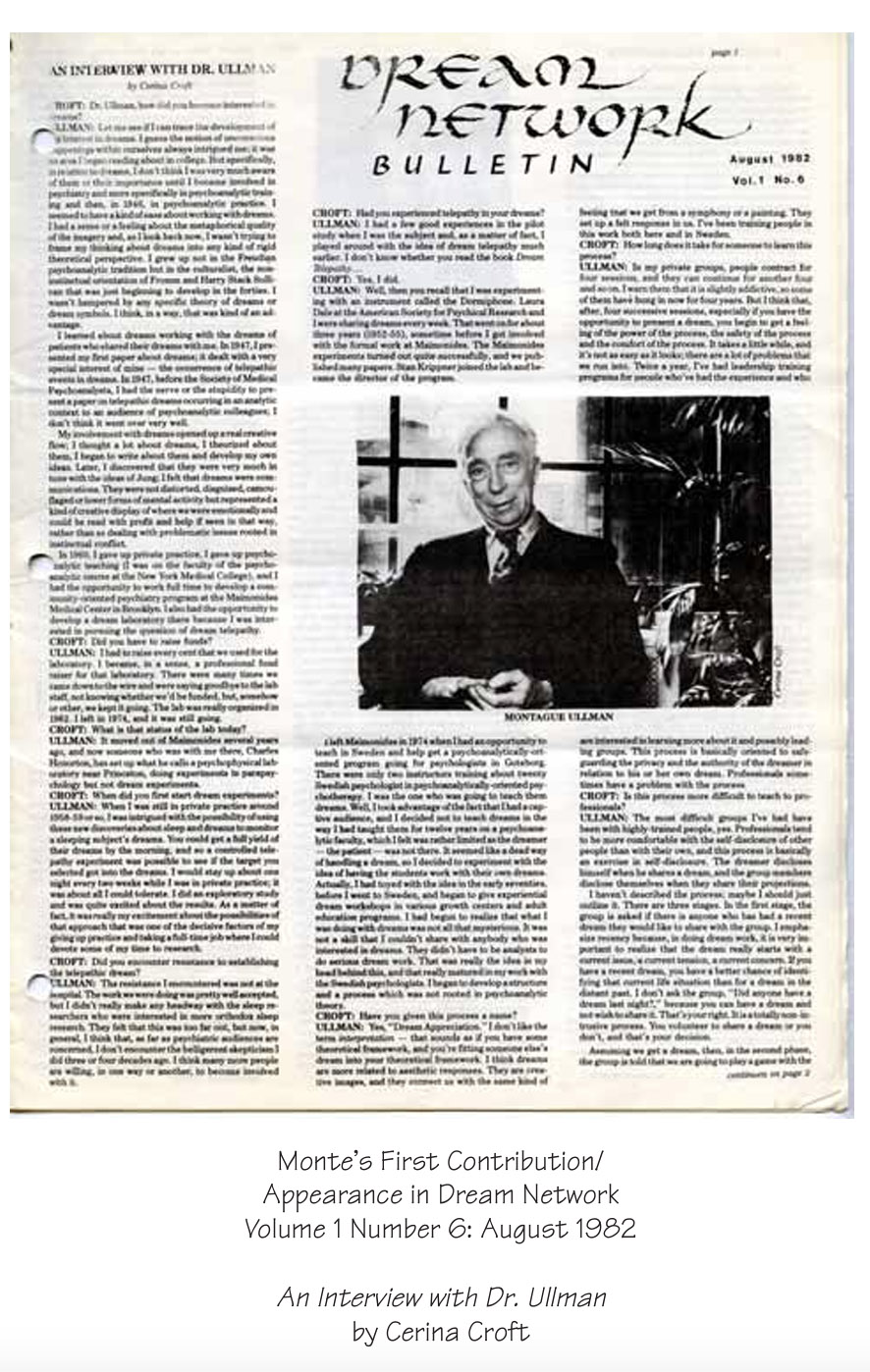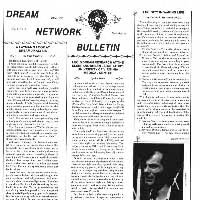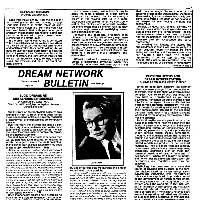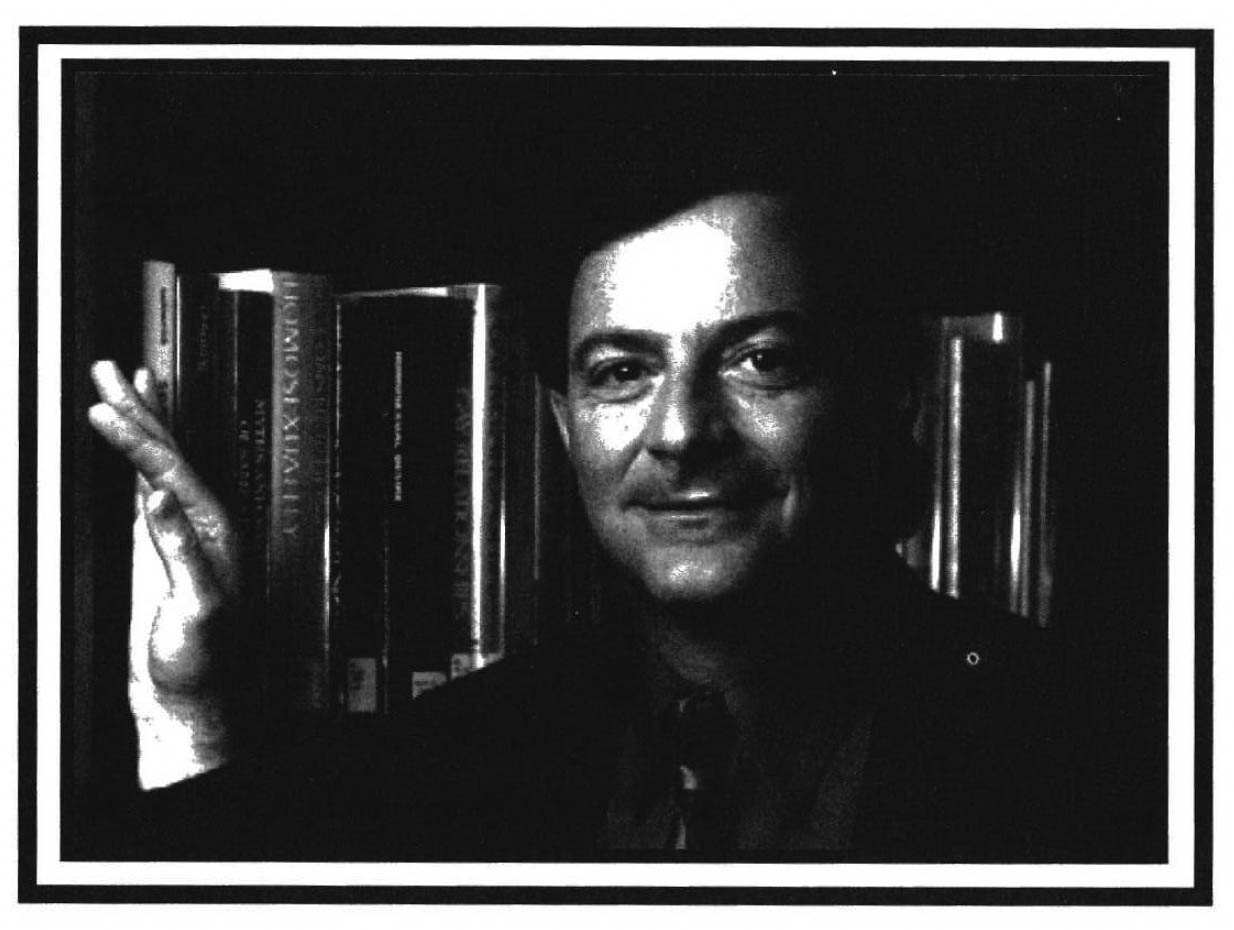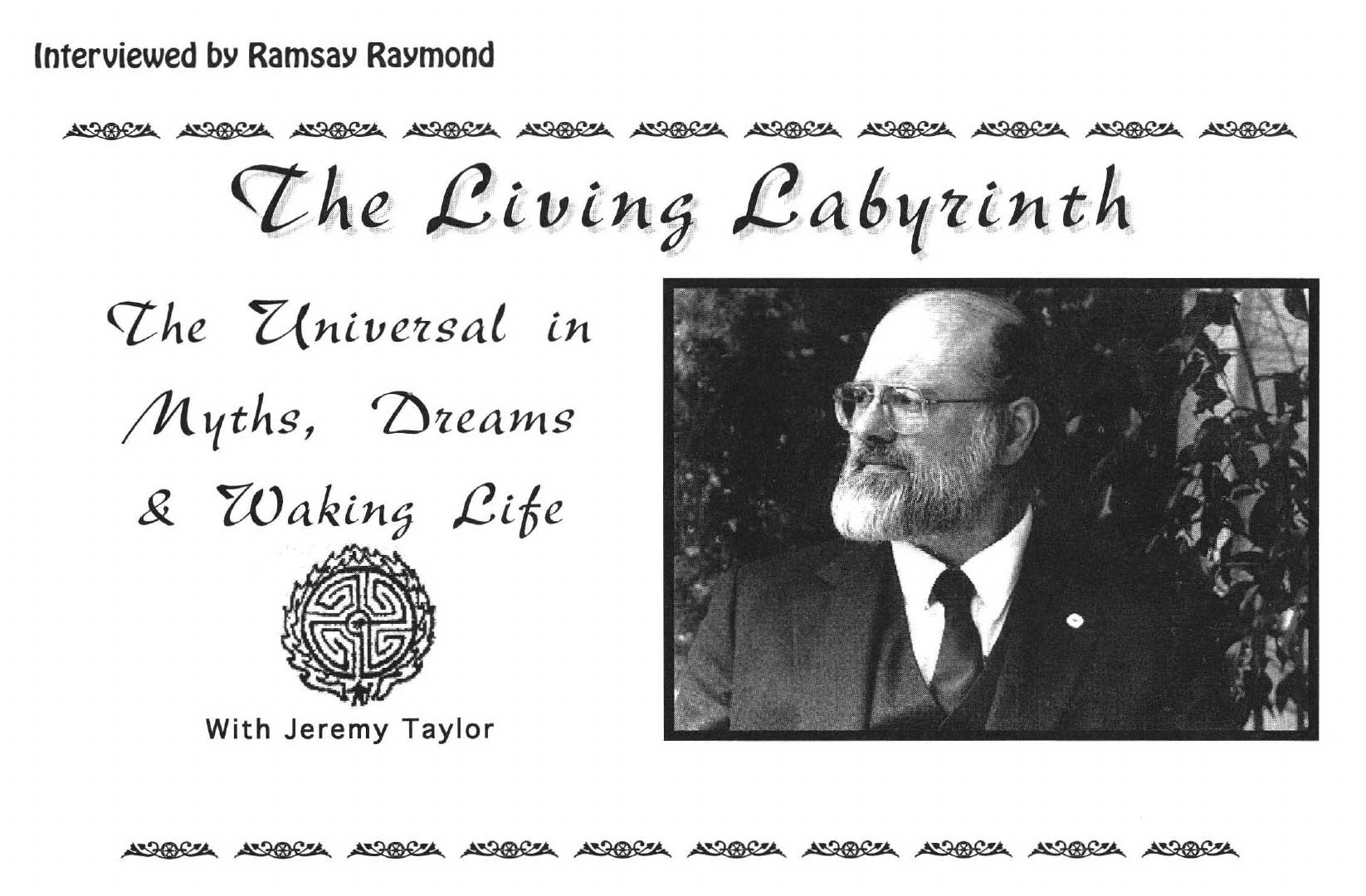Familiar themes and symbols emerge to most people who record their dreams. They are components that parallel their lives above and below conscious awareness. Do these themes and symbols form pieces of your own mythology? Since dreams dip into the world of the unconscious to select their stories and dramas, they tap both the personal and collective unconscious for dream material, thus forming a unique relationship between your personal mythology and your dreams.
What is the definition of "myth"? Webster defines it as follows:
"...a traditional story of ostensible historical events that serves to unfold part of the world view of a people or explain a practice, belief or natural phenomenon." [1]
Do your dreams reveal your world view? Certainly, your personal history is reflected through your dreams in regard the content you select from your life activities to play out in your dreams. Thus, your dreams reflect your personal 'myths' - ones in which your personal relationship can change and transform, just as your life experiences do.
However, the collective unconscious component adds a deeper layer to the meaning of your dreams with the appearances of the archetypal themes and symbols which reflect the primitive and ancient part of your personal mythology: Arthur Cotterell explains that:
"The myth in a primitive society ... was the recognition of the link between past and present established by myth in daily life. ...Jung became convinced that the individual possessed both a personal and collective unconscious; the former filled with material peculiar to the individual whereas the latter housed the common mental inheritance of mankind - the archetypes, or primordial images which 'bring into our ephemeral consciousness an unknown psychic life belonging to a remote past. This psychic life .. is the mind of our ancient ancestors, the way in which they conceived of life and the world, of gods and human being.' ... No doubt the creative period of myth is set in prehistoric times.'' [2]
How can you track your own personal mythology through your dreams? Those who have kept dream journals for more than five years will have ample material to process; begin by reading through them finding frequent images/scenarios that you notice. Jot them down and see how your world view/ psyche has changed, remained the same or intensified - is it a map for the evolution of your own life pattern? Have your myths outgrown you - or you them? But no matter how long you have journaled - whether a novice recording the magic of the dream world or one who is well-seasoned, you will be able to recognize the emergence of your own myth material.
For example, several of my older dream themes had to do with hotel/motel settings; that is, temporary way stations on a journey to somewhere. It reflected my internal as well as external search for "home". Since I have found what I call home both within and in the physical world , the occurrence of a hotel or motel setting in my dreams generally has diminished.
Similarly, there has been an increase in circular-shaped symbols in my dreams during the past few years. For me, this equates to the archetype of the integration process of the self wanting to coalesce and evolve through internal processes.
In Personal Mythology, Feinstein and Krippner further explain the personal mythology process:
"Many depth psychologists believe that dreams are best understood as an unfolding of the psyche and should not be distorted by intellectual interpretations. In a similar manner, you can learn to sense, without being overly intellectual, the relationship between patterns you find in your dreams and developing personal myths. Dreams serve to mediate between your daily experiences and your underlying myths, Working with your dreams can reveal changes in your mythology that are occurring outside your awareness. Dreams may support or challenge an existing myth ... and you can understand your personal mythology more fully through the instructions [symbols] of your dreams." [3]
I encourage you to examine your own dream material in this light of mythmaking; it is a template for you to observe the smaller and bigger picture of your life as it evolves through developmental stages and reveals the inner and outer journey of the self.
References
Webster's New Collegiate Dictionary. ed., G. & C. Merriam Company, Springfield, MA, 1977.
Dictionary of World Mythology. Arthur Cotterrell, G.P. Putnam's Sons, NY, NY, 1979 .
Personal Mythology. D. Feinstein and S. Krippner, Jeremy Tarcher, Inc., Los Angeles, CA, 1988.


